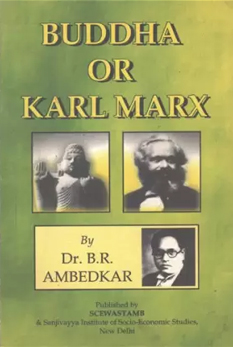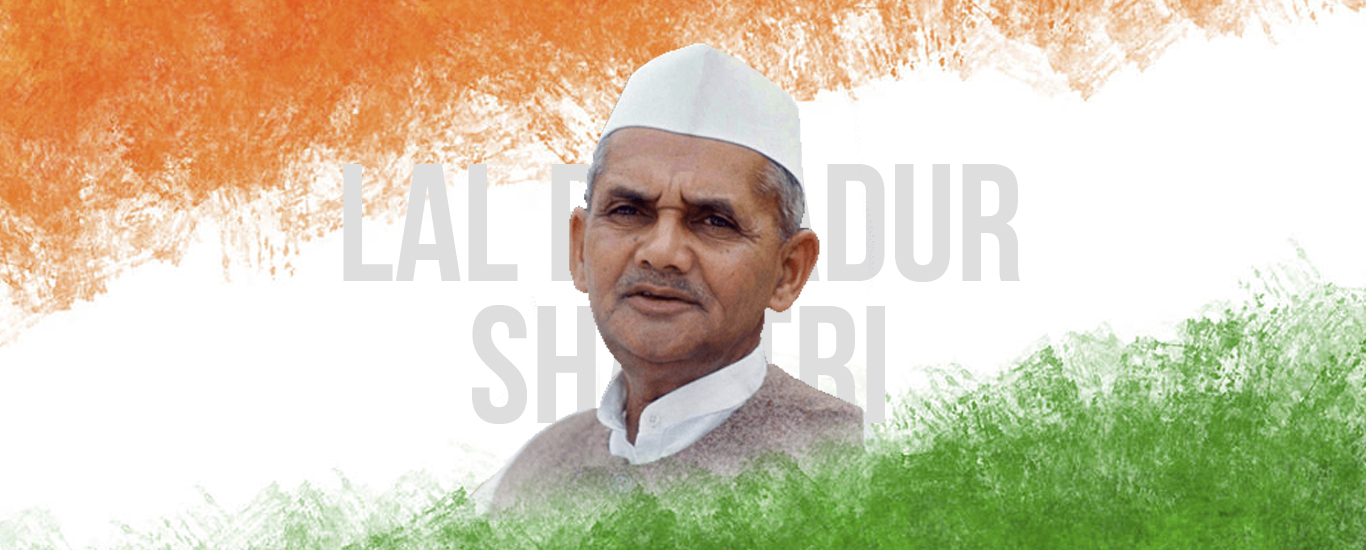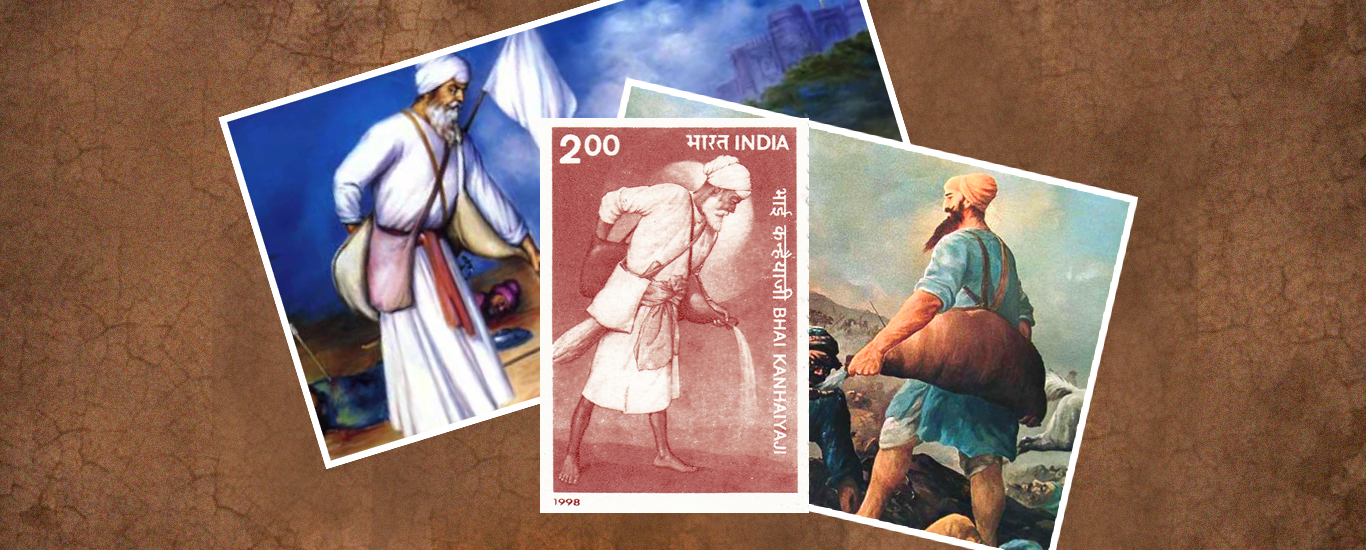Dr Bhim Rao Ambedkar and communist parties
“Law and order are the medicine of the body politic and when the body politics gets sick, medicine must be administered” -BR Ambedkar
Bhim Rao Ambedkar who was famously known as Babasaheb was India’s first law minister and first Indian to pursue a doctorate in Economics abroad. Being born into a poor low caste family, Ambedkar was the 14th child of Ramji Maloji Sakpal and Bhimabhai Sakpal.
His family belonged to Dalit caste and was treated as untouchability was subjected to discrimination since his childhood. Ambedkar with other untouchables children in school was separated and given little attention from the teachers. They were not allowed to attend the class inside the room.
His family migrated to Bombay in 1897, where Ambedkar became the first untouchable who got his admission into Elphinstone High School. In 1930, he was sent to America as he was awarded a Baroda Scholarship for three years for Bosch graduate education and Columbia University in New York City.
Dr Ambedkar’s contribution to our country was innumerable. He framed many laws for women labors of India which includes mines maternity Benefit, women fund, women and child labor Protection Act. He resigned from the cabinet when the parliament was unable to pass his bill to support women and gender equality. It took 2 years and 11 months’ time for Ambedkar to prepare the constitution of the world’s largest democracy of India so he is known as the father of the Indian Constitution.
Bhimrao Ramji Ambedkar, almost Fifty years after his death, remains a controversial figure in India’s political and social history.
Ambedkar and Communism
There is a huge literature by Dr. Ambedkar in connection with Buddhism and against Communism. Even though Ambedkar’s views are almost fifty years old, they are still functioning. They do not reveal Mao, as his theories had not then come into note, but what he mentions about communism in common should also apply to Maoism too.
The reality that “The Gang of Four” can become successful in getting power and do the things, against the “real” Marxism, confirms the fact that there are some latent weaknesses in Marxism.
Dr. BR Ambedkar’s connection with communism and Marxism was complicated. He was critical of the Marxist priority on class and thought that caste is a kind of suppression and manipulation which is different from class. Over the decades Ambedkarites and Marxists similarly have laboured to develop a gap instead of seeking a mutual ground. Fortunately the youth movement today, in the country is trying to build bridges; many student organisations in Hyderabad University JNU or in or IIT’s in Chennai and Kharagpur, who aimed on common grounds within Dalit liberation thinker Dr. Ambedkar and Marxist revolutionary Bhagat Singh, including Periyar and Mahatma Phule. Publishing of a partially completed manuscript of Dr Ambedkar assists us to get a more intricate to understand Ambedkar’s connection with communism. Anand Teltumbde edited the book who is a renowned Dalit scholar who is closely related to Ambedkar’s family. Seemingly Ambedkar intended to write a longish book named ‘India and Communism’.
Pre-requisites of Communism
Dr. Ambedkar always thought that there are particular prerequisites for Marxism to gain success. This includes that the society should be a “Free society”, which means it should give value to an Individual over the society and that it should be based upon equality, fraternity and liberty. [(W&S vol. 3,), p.95, Ambedkar, “India and the Prerequisites of Communism”]
These have been carried to China by Buddhism and were brought to Russia by Christianity. The deficiency of these factors in caste centered Indian society could not encourage the development of Marxism in India, and that is why Marx became unsuccessful in Hindu India. He was not able to appropriately evaluate the significance of caste or its influence on the Indian crowd. As Marx had failed here, his people in India talk of “Class” and not of “Caste”. This was the reason, the movement of Marx in India was and still is in the hands of the oppressor class.

Comparison between Buddha and Karl Marx
Extracting the words from the Marxian Creed which have endured Dr. Ambedkar differentiates the Buddha and Karl Marx. On the first point, he felt that there is overall agreement between the Buddha and Karl Marx. The meaning is the same but the language is different. If for misery one reads exploitation Buddha is not away from Marx. (“Buddha or Karl Marx”, (W&S vol. 3), p. 444)
Dr. Ambedkar quotes the illuminating extract on the question of private property from a dialogue between Buddha and Ananda, Buddha saying avarice is because of possession, which in turn is because of tenacity. Not only Buddha prohibited private property in Sangha, he put more restrictions and “rules are far more rigorous than are to be found in Communism in Russia” (Ibid. p. 446)
Withering away of State
He also expresses the Communist theory of “withering away from the state”. “The Communists themselves admit that their theory of the State as a permanent dictatorship is a weakness in their political philosophy. They take shelter under the plea that the State will ultimately wither away” He says, There are two questions which they have to answer. (1) When will it wither away? (2) What will take the place of the State when it withers away? To the first question they can give no definite time. (Ibid. p 459)
The second question, even though it is more significant than the first one, the Communists have no satisfactory answer to the question was what Dr. Ambedkar felt. He thought what would take the place of the State when it withered away. Will it be succeeded by Anarchy? If so, he feels, the building up of the Communist State is a useless effort. If it cannot be sustained except by force and if it results in anarchy when the force holding it together is withdrawn what good is the Communist State. [Ibid. p.460]
Ambedkar hence says that the only matter which could maintain it after force is withdrawn is Religion. He observes:
“But to the Communists, Religion is anathema. Their hatred of Religion is so deep seated that they will not even discriminate between religions which are helpful to Communism and religions which are not. The Communists have carried their hatred of Christianity to Buddhism without waiting to examine the difference between the two.” [Ibid. p. 460]
Ambedkar combined an appreciable level of significance to religion, which will not be palatable to the generation today of Communists who want to control his legacy.
Endorsing entry in temples for the fellows who are of the oppressed classes through non-violence protest was Ambedkar’s policy.
Dr BR Ambedkar always believed that “Life should be great rather than long”



